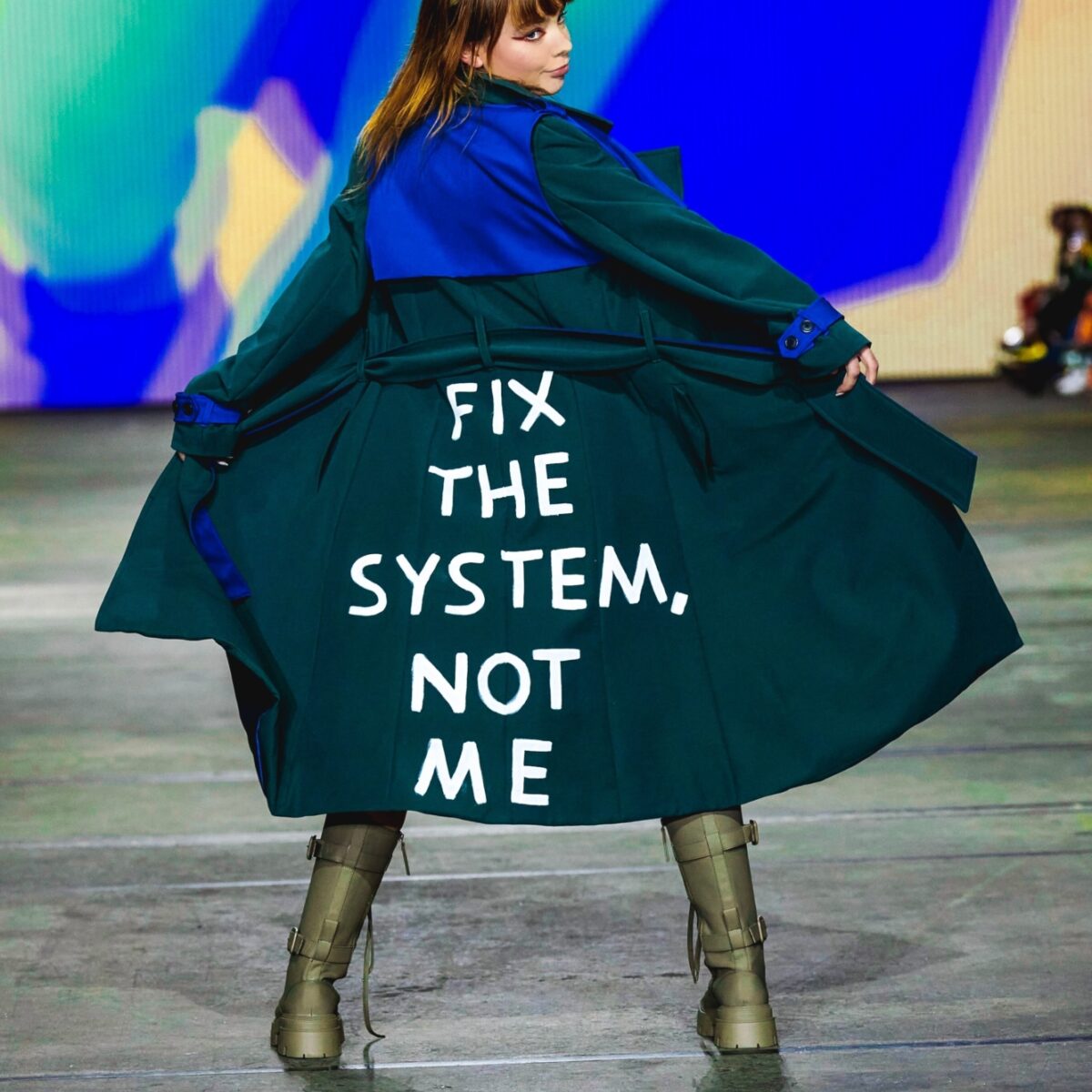Article
Last week, Minister Mark Butler made an announcement that set back the autism movement by decades, proving that Australia is still rampant with ableism and a blatant disregard for autistic individuals.
Minister Butler declared that the federal government will be diverting kids with ‘mild to moderate’ autism or developmental delays into a new program called “Thriving Kids”, starting in July 2026.
While we’re yet to receive more information on exactly what this new program means for autistic people on, or waiting to be on, the NDIS in Australia, the announcement has already raised many red flags from the language used alone, showing us where Australia lies in their understanding of autism; and God, am I disappointed, but, sadly, I am not surprised.
First and foremost, autism is permanent
You cannot outgrow autism. Autism is life long, it is an intrinsic part of a person’s neurological framework. Suggesting otherwise is not just misleading, it is harmful, ignorant and factually incorrect - it pushes a eugenics adjacent rhetoric that autism can be cured, and to have the Minister for the NDIS suggest otherwise is deeply, deeply alarming.
To follow, it is important to understand that there is no such thing as mild or moderate autism. Saying anything different completely invalidates personalised lived experience and is not, and can not be, an objective description of that persons neurology. To be blunt, ‘mild’ autism reduces complex lived experiences into a hierarchy of how palatable or inconvenient autistic people appear to a non-autistic society. By using this language, the government is showing us exactly where it stands: not with autistic people, but with a system that categorises, dismisses, and ultimately dehumanises them.

Mild autism doesn’t consider how that person feels.
Mild autism doesn’t consider that persons struggles that aren’t as visible.
Mild autism doesn’t consider how hard that person has to mask to survive.
Mild autism doesn’t consider if those persons support needs are being met.
This is the thing that Minister Butler and the rest of the team behind him fail to understand, despite relentless conversation from autistic and otherwise disabled people in the past.
When an autistic person is thriving, when their needs are being supported, it is not that they’re cured of autism. It is not that they are now less autistic.
It is only due to the fact that their support needs are being met.
And, for a lot of autistic people in Australia, these supports are dependent upon the NDIS. Autistic people are still autistic people even when they are being supported.
How shameful that the minister for the NDIS, a scheme designed to support disabled people, is so staggeringly uneducated about autism that he is recycling rhetoric we have been debunking for decades. How shameful that in 2025, the government is still using language that invalidates, erases, and endangers autistic lives. And, how utterly ridiculous, that they deny support precisely because it is working.
Research shows us that early support is vital for autistic people to lead to better lifelong outcomes. Autistic adults should not have to struggle through life because of being unable to receive adequate, individualised support.
Because autistic people are still autistic people even when they are thriving.
This proposal does not prioritise autistic people. It does not prioritise support and wellbeing.
Rather than creating a future where autistic people can live authentically, this proposal risks stripping away the very supports that allow us to do so, and despite its attempt to save tax payer money, ripping these supports away is almost certainly going to cost the country more money in the long run due to lack of independence, increased reliance on crisis services, and lost opportunities for autistic people to fully participate in work and community life.
If the NDIS wants to uphold it’s original values and support disabled people living in Australia, it is vital that they listen to the people they are apparently supporting.
'Nothing About Us Without Us’ isn’t just a catchy phrase to use during World Autism Day or International Day Of People With Disability, it should be our every day, and the fundamental foundation with which you make your decisions.
